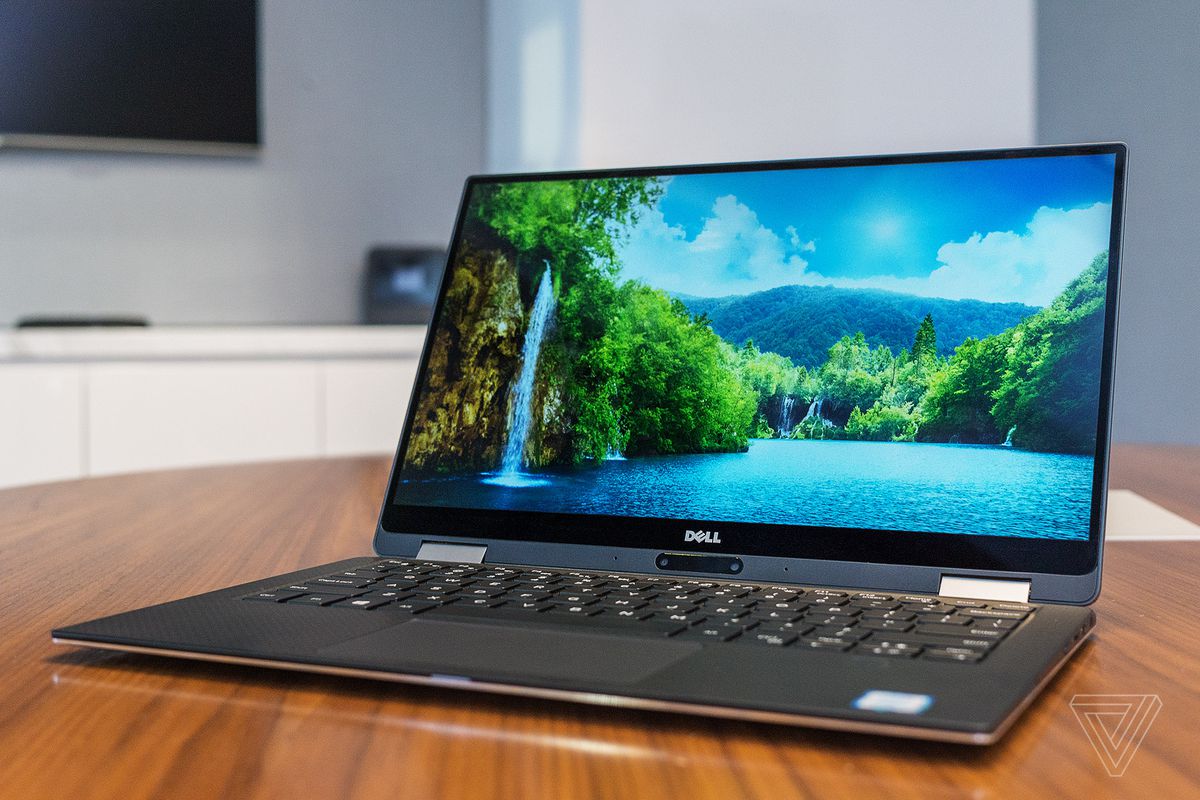You have become immediate gratification beasts in the digital world, with zero tolerance for slow load times and sluggish processing. You want modern high-tech to keep up with the fast-paced surroundings, but the fact is that slowdowns will eventually occur.
Slowdowns may happen on any device, from phones to laptops, for a variety of reasons that may or may not be related to how you use your machine. Whether you’re struggling with outdated technology or broken gear, determining the source of your slowdown is the first step to finding a solution.
Before you get a headache asking, “Why is my laptop so slow?”, you’ll go over the numerous, frequent causes and treatments that might get your laptop up and running again. But if the below solution doesn’t help you, then you might replace your older laptop with one of the new and best laptop under 600.
Unexpected slowdowns and unexplainable crashes are among the most aggravating experiences. With a single problem, slow laptops may disrupt your workflow and jeopardize your productivity.
It’s definitely about time you discovered how to speed up your computing power if you’re continuously waiting for your laptop to keep up with your several trains of thought.
What is the cause of your laptop’s sluggishness?
You must first address the problem before moving on to a solution. These typical laptop slowness factors might be to blame for your device’s bad performance.
Overly enthusiastic startup
It’s only logical that you’d want to install apps on your laptop. It is most likely why you purchased your pc in the first place. Laptops allow you to carry all of your preferred melodies, programs, images, and information with you wherever you travel. Each time you install new software, though, it enters the competition for a startup spot on your system.
Your startup is likely jammed with many programs starting up at the same time until you explicitly ticked the permission box to block a program’s self-start at every power-on. You’re on a mission to get each piece of software up and running as soon as possible, but you’re stuck monitoring the clock while your laptop fails to get your home page.
There’s a virus on your machine
You can quickly presume malware has invaded our valuable technology if your laptops begin to act strangely. Your suspicions are occasionally reasonable, even if they are exaggerations at other times. Malware is meant to wreak havoc on system functions, effectively dragging down the entire system.
The following are some of the symptoms of a virus-infected laptop:
- Programs launch and close on their own.
- Death alerts appear on a blue screen.
- The hard disc is overworked and full of questionable data.
- The number of pop-ups has increased.
- A sudden slowness has occurred.
The browser is currently overburdened
If you are using your laptop for business or amusement, you rely on your internet access to keep you going during those hard hours.
However, your internet browsing activities may be dragging down your laptop. You outsource your various thoughts and concepts to the opening of a new tab since you don’t work with one-track brains. When you know it, you’ve opened 12 other tabs. Some are streaming YouTube music, some are self-refreshing material, while still others are active for reasons you’ve forgotten about.
When your browser is overburdened with tabs, effective functioning becomes challenging since your system is attempting to do too many tasks at once.
This is also true of browsers that have an excessive number of add-ons and plugins. These stealthy speed hogs go under the radar, making you perplexed as to why your machine is running so slowly.
How can you speed up your laptop?
Following are some of the best ways to speed up your laptop:
Reboot your laptop
One of the many benefits you enjoy as a frequent laptop user is the option to put your machine into sleep mode. It’s wonderful to be able to just close the monitor and call it a day. However, because of this ease, laptops are rarely switched off.
Shutting and restarting your laptop offers several speed perks that may help instead of hurt your productivity. It’s probably time for a restart if you can’t recall the last time you shut down your system entirely.
Making a habit of shutting down your system after you’re through for the day will significantly improve your laptop’s overall processing performance.
Keep an eye out for updates
If you’re the sort of laptop owner who always clicks “Remind me later” when your OS notifies you of currently available updates, your laptop might be weeks or months old. Windows updates are inconvenient and might take a few minutes to finish, but they are necessary for the health of your laptop.
Delete any applications or files that are no longer in use
If you’ve owned a laptop for a while and your needs have changed, you’re probably sitting on your desktop with a bunch of unneeded and overlooked apps collecting metaphorical dirt. In no time, you’ll be able to free up storage on your hard disc and make room for improved performance quality.
Conclusion
Laptop sluggishness can be a big issue if you are doing productive work. Keep an eye on the above things for the smoothness of your laptop.




